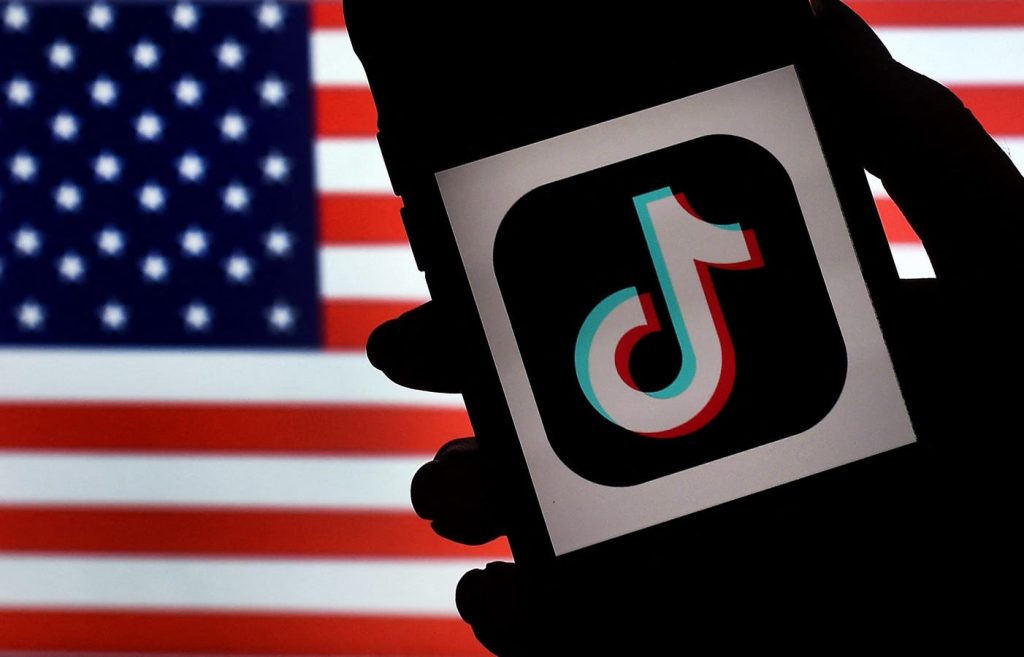The clock is ticking for ByteDance, the parent company of TikTok, as President Joe Biden signed into law a measure that will require the Chinese firm to divest from the popular app or face a ban on U.S. devices and networks. ByteDance has nine months to divest, with the possibility of a three-month extension if progress is made towards compliance. TikTok has vowed to challenge the law, arguing that any potential ban would negatively impact millions of businesses that use the platform to reach customers, as well as the 170 million Americans who use TikTok.
Lawmakers on both sides of the aisle have raised concerns about TikTok sharing user data with China, leading to the legislation requiring ByteDance to divest. Critics of the law, however, argue that TikTok is just a small part of a larger issue of social media companies having access to user data. They suggest that instead of singling out TikTok, Congress should focus on passing legislation to strengthen privacy and antitrust regulations to address data security concerns not only with TikTok but with all social media platforms.
The passage of the legislation requiring ByteDance to divest TikTok was the result of months of debate among lawmakers. The bill was part of a larger foreign aid package providing additional funding to Ukraine, Israel, and Taiwan. The length of time given to ByteDance to sell TikTok was extended from six months to up to a year, easing concerns from some critics. ByteDance has vowed to fight against the law, but this move could spark a larger conversation surrounding social media companies and privacy.
The ban on TikTok has ignited debates on digital sovereignty, geopolitics, and technology. Some experts believe that this decision may lead to further fragmentation of the Internet and technology markets. China has previously restricted the operation of U.S.-based social media platforms within its borders, citing concerns over national security and disinformation, similar to the concerns the U.S. has regarding Chinese apps like TikTok. However, rather than banning platforms, experts suggest focusing on implementing robust data privacy laws, more transparent algorithmic processes, and stringent penalties for platforms that fail to curb disinformation and hate speech.
Lawmakers have struggled to make progress on addressing data privacy concerns in the tech industry, and the ban on TikTok may be the catalyst for a more concerted effort to solve these issues. Experts recommend a global standard that all tech companies must adhere to, regardless of their origin. This would include measures to protect data privacy, ensure transparent algorithmic processes, and penalize platforms that spread disinformation and hate speech. By taking this approach, lawmakers could address the root causes of concerns surrounding social media platforms and work towards a more comprehensive solution.


